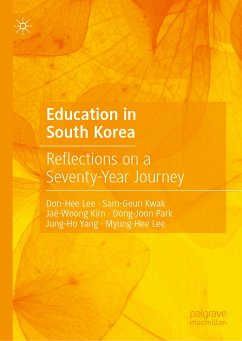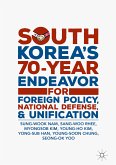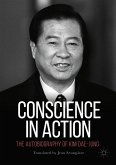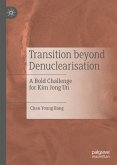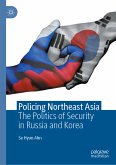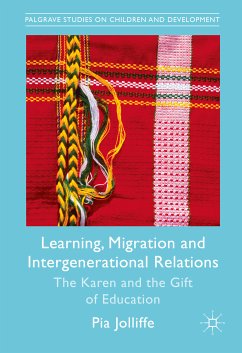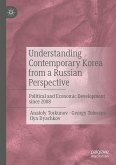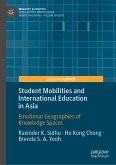This book, the result of a landmark colloquium held in Korea to reflect on the role of education in Korean society, provides fascinating insights into the interplay of political evolution and pedagogy. Korea has gone from one of the world's poorest societies after the Korean War to one of its richest, and is a home of technological innovation; many attribute this 'Korean Miracle' to the emphasis placed on education in this Confucian society. How did the Korean state form, and how were educational institutions created and given legitimacy? During the industrialization period- roughly, 1961-1994- how did education foster national development? Lastly, since 1995's May 31 Education Reform, how has the educational system responded to and created a new information age in a newly democratic Korea? This book will be of interest to East Asian scholars, scholars of education, human resources development, and IT, and historians looking for ways to achieve the 'Korean Miracle' in their own countries.
Dr. Don-Hee Leeis an emeritus professor of Education at Seoul National University, South Korea.
Dr. am-Geun Kwak is a professor of Education at Ewha Womans University, South Korea.
Dr. Jae-Woong Kim is a professor of Relevant Culture and Education at Sogang University, South Korea.
Dr. Dong-Joon Park is a professor of Moral Philosophy at The Academy of Korean Studies.
Dr. Jung-Ho Yang is a professor of Education at Sungkyunkwan University, and the Chairman of Deputy Prime Minister of Social Policy.
Dr. Myung-Hee Lee is a professor of History Education at Kongju National University and the Chairman of Korean Modern History Academy.
Dieser Download kann aus rechtlichen Gründen nur mit Rechnungsadresse in A, B, BG, CY, CZ, D, DK, EW, E, FIN, F, GR, HR, H, IRL, I, LT, L, LR, M, NL, PL, P, R, S, SLO, SK ausgeliefert werden.

